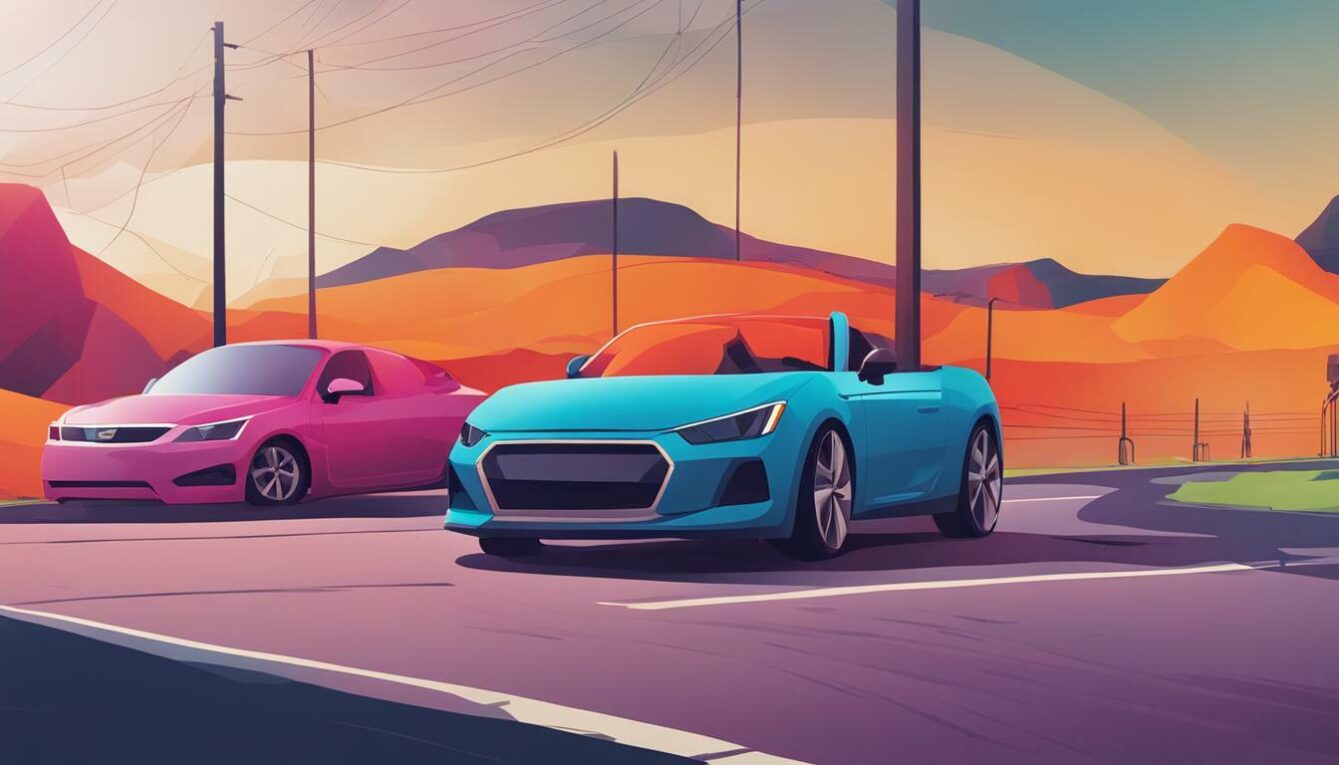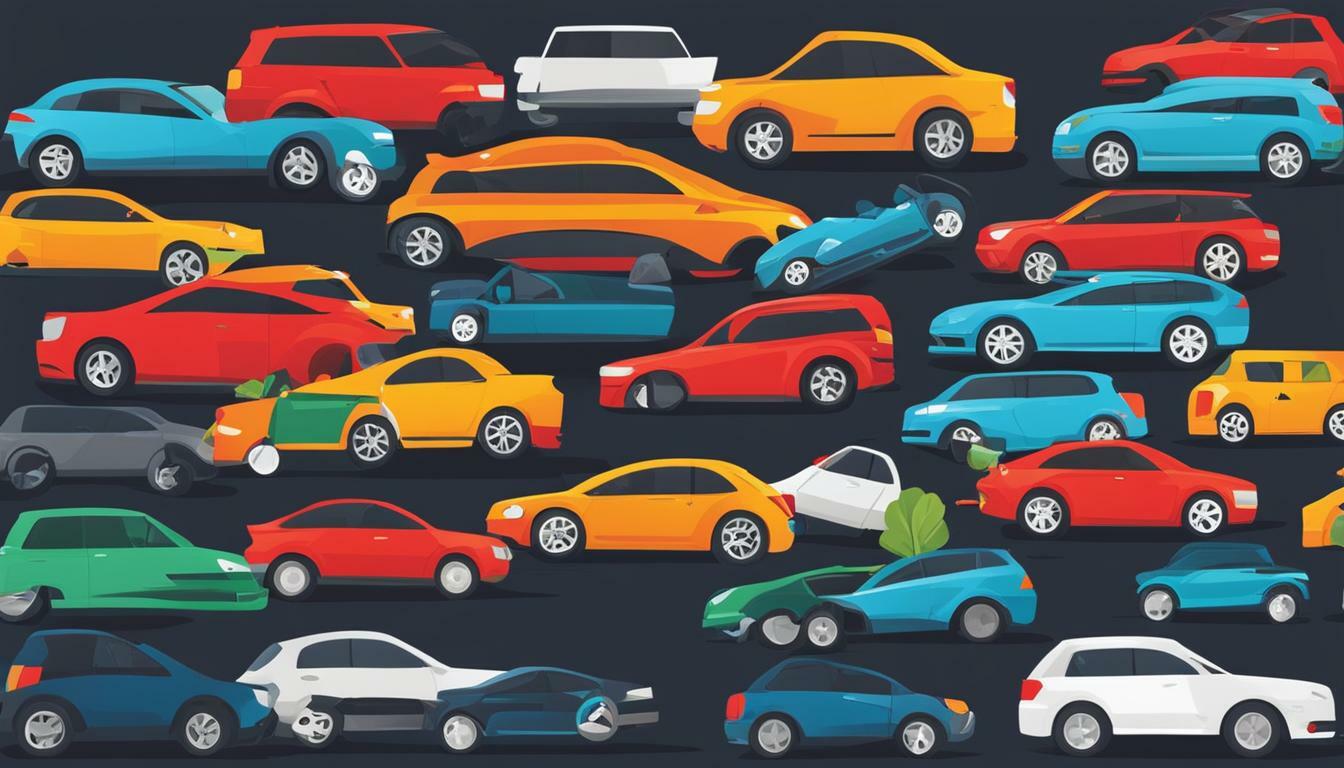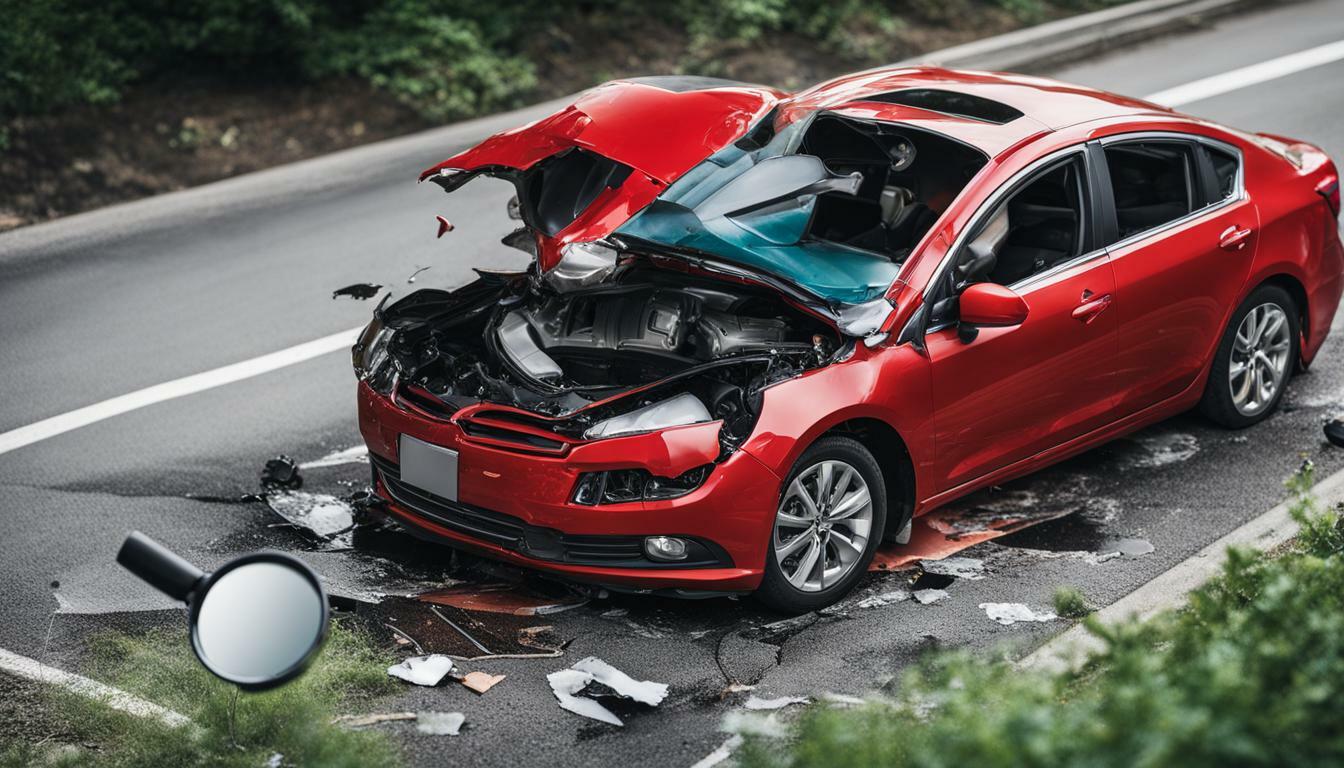Car insurance collision coverage is a crucial component of your auto insurance policy that ensures your vehicle is protected in the event of an accident. It provides coverage for repairs to your vehicle, even if you are at fault. This type of coverage is especially important if you finance or lease your vehicle, as it may be required to protect the lender’s investment.
Collision coverage takes care of collisions with other vehicles, stationary objects, and even damage caused by flipping your vehicle or hitting a pothole. However, it does not cover damage to another person’s vehicle, damage caused by a natural disaster or theft, bodily injury costs, or damage caused by hitting a pedestrian or animal.
The cost of collision insurance varies depending on several factors, including your driving history, the value of your vehicle, and the deductible you choose. It is important to evaluate whether collision coverage is worth it based on your individual circumstances and the value of your vehicle.
When considering collision coverage, it is recommended to compare rates from multiple insurers to find the best coverage for your needs. This will help ensure that you are getting the most affordable and comprehensive protection for your vehicle.
Key Takeaways:
- Collision coverage pays for repairs to your vehicle if you are involved in an accident, even if you are at fault.
- It covers collisions with other vehicles, stationary objects, and damage caused by flipping your vehicle or hitting a pothole.
- Collision coverage does not cover damage to another person’s vehicle, damage caused by natural disasters or theft, bodily injury costs, or damage caused by hitting a pedestrian or animal.
- The cost of collision insurance varies based on factors such as driving history, vehicle value, and deductible choice.
- Comparing rates from multiple insurers is recommended to find the best coverage that suits your needs and budget.
What is Collision Coverage in Car Insurance?
Collision coverage in car insurance is a specific type of protection that covers the cost of repairs to your vehicle in case of a collision with another vehicle or stationary object. This coverage is designed to help you get your vehicle back on the road quickly and efficiently after an accident, regardless of who is at fault.
With collision coverage, you can have peace of mind knowing that if you are involved in a collision, you won’t have to bear the financial burden of repairing or replacing your vehicle out of pocket. It provides coverage for damages caused by accidents such as fender benders, rear-end collisions, or hitting a tree or pole.
It’s important to note that collision coverage only covers damages to your own vehicle and does not provide coverage for injuries or damages to other people or their property. For coverage in those instances, you may need additional types of insurance, such as liability coverage.
Comprehensive and Collision Coverage Car Insurance
Comprehensive and collision coverage are two different types of insurance coverage that are often bundled together in car insurance policies. While collision coverage specifically covers damages caused by collisions, comprehensive coverage provides protection against other perils, such as theft, vandalism, fire, or natural disasters.
Having both comprehensive and collision coverage can provide you with more extensive protection for your vehicle. It gives you peace of mind knowing that you are covered in a wide range of scenarios, whether it’s a collision with another vehicle or damage caused by acts of nature.
| Factors to Consider | Cost of Collision Coverage |
|---|---|
| Driving history | Varies based on driving record |
| Vehicle value | Higher-value vehicles may have higher premiums |
| Deductible choices | Higher deductibles can lower the cost of coverage |
When considering whether collision coverage is right for you, it’s important to evaluate your driving history, the value of your vehicle, and your budget. If you have a history of accidents or if your vehicle is valuable, collision coverage may be a wise investment. However, if your vehicle is older or has a lower value, it may be more cost-effective to forgo collision coverage and rely on savings or other means to cover the cost of repairs.
To find the best coverage for your needs and budget, it’s always a good idea to compare rates from multiple insurers. This way, you can ensure that you’re getting the most competitive price for the coverage you need.
Factors to Consider and Conclusion
When deciding whether to include collision coverage in your auto insurance policy, there are several factors you should take into consideration, including your driving history, the value of your vehicle, and the cost of collision coverage.
Firstly, your driving history can play a significant role in determining if collision coverage is necessary for you. If you have a clean driving record and follow the rules of the road diligently, your chances of being involved in an accident may be relatively low. In such cases, you might consider weighing the cost of collision coverage against the likelihood of needing it.
Secondly, the value of your vehicle is an essential factor to consider. If you drive an older vehicle with a lower market value, the cost of collision coverage might outweigh the benefits. In contrast, if you own a brand new car or a high-value vehicle, collision coverage can provide peace of mind knowing that any potential damages will be covered.
Lastly, the cost of collision coverage should be carefully evaluated. Insurance premiums vary based on a range of factors, including your age, location, and driving history. Additionally, the deductible you choose will affect the cost of collision coverage. A higher deductible can lower your premiums, but it also means you will have to pay more out of pocket in the event of an accident.
| Factors to Consider | Explanation |
|---|---|
| Driving history | A clean driving record may reduce the likelihood of needing collision coverage. |
| Vehicle value | The value of your vehicle can determine whether collision coverage is worth it. |
| Cost of collision coverage | Evaluate the insurance premiums and deductible options to determine affordability. |
In conclusion, the decision to include collision coverage in your auto insurance policy should be based on careful consideration of your driving history, the value of your vehicle, and the cost of collision coverage. By considering these factors, you can make an informed decision that aligns with your needs and budget. Remember to compare quotes from multiple insurers to find the best coverage that suits you.
Conclusion
Car insurance collision coverage provides essential protection for your vehicle in the event of an accident, ensuring that repairs are covered and giving you peace of mind on the road. Collision insurance is a type of coverage that pays for repairs to your vehicle if you are involved in an accident, even if you are at fault. It covers collisions with other vehicles, stationary objects, and even damage caused by flipping your vehicle or hitting a pothole.
However, it is important to note that collision insurance will not cover damage to another person’s vehicle, damage caused by a natural disaster or theft, bodily injury costs, or damage caused by hitting a pedestrian or animal. Additionally, the cost of collision insurance can vary based on factors such as your driving history, the value of your vehicle, and the deductible you choose.
Ultimately, whether or not collision insurance is worth it depends on your individual circumstances and the value of your vehicle. If you finance or lease your vehicle, collision coverage may be required to protect the lender’s investment. It is recommended to compare rates from multiple insurers to find the best coverage for your needs.
By understanding the importance of car insurance collision coverage and considering your specific circumstances, you can make an informed decision that provides the necessary protection for your vehicle while fitting within your budget. Remember to review your existing policies and consult with insurance professionals to ensure that you have the coverage you need.
FAQ
What does collision insurance cover?
Collision insurance covers repairs to your vehicle if you are involved in an accident, even if you are at fault. It includes collisions with other vehicles, stationary objects, flipping your vehicle, or hitting a pothole.
What does collision insurance not cover?
Collision insurance does not cover damage to another person’s vehicle, damage caused by natural disasters or theft, bodily injury costs, or damage caused by hitting a pedestrian or animal.
Is collision coverage required if I finance or lease my vehicle?
Yes, collision coverage may be required to protect the lender’s investment if you finance or lease your vehicle.
How much does collision insurance cost?
The cost of collision insurance varies based on factors such as your driving history, the value of your vehicle, and the deductible you choose.
Is collision insurance worth it?
Whether or not collision insurance is worth it depends on your individual circumstances and the value of your vehicle. It is recommended to compare rates from multiple insurers to find the best coverage for your needs.



